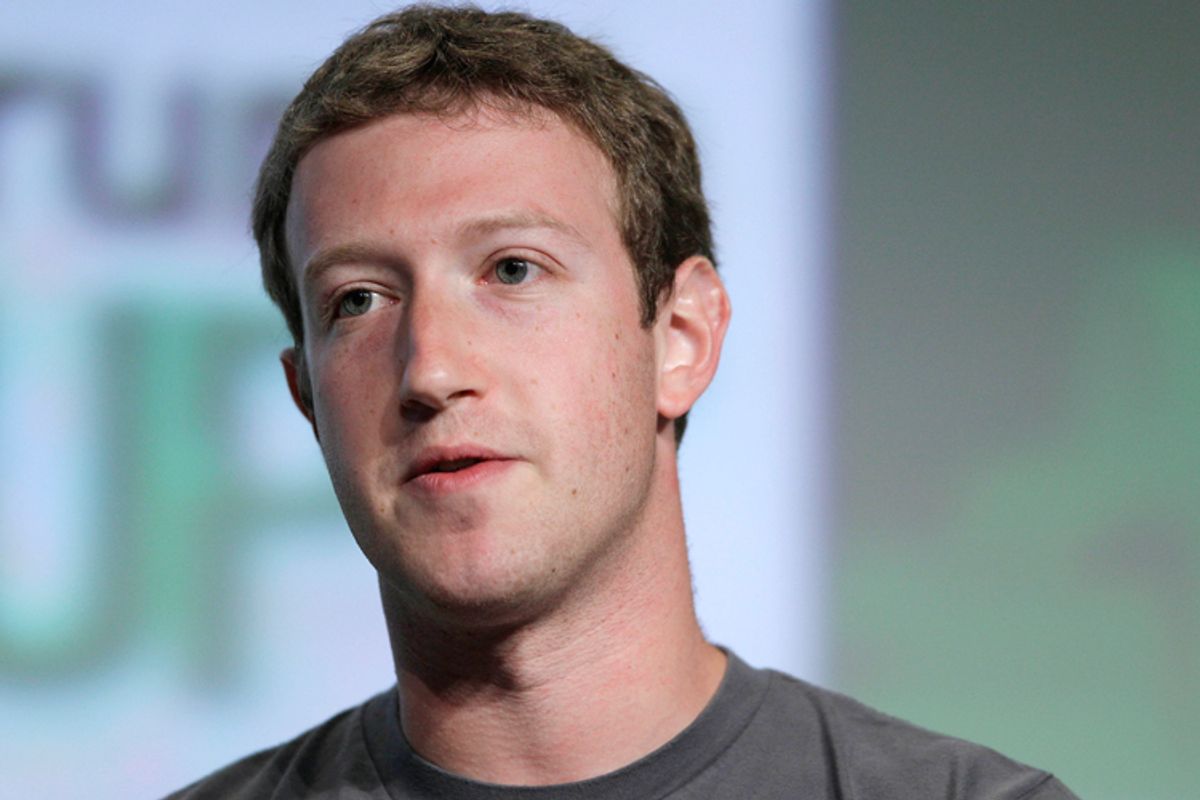Judging by reports from courtside, the Department of Justice did itself no favors at a House Judiciary Committee hearing held Tuesday morning to discuss how to update the venerable-to-the-point-of-senile Electronic Communications Privacy Act.
ECPA was originally enacted into law in 1986, when Mark Zuckerberg was 1 year old. Just about everybody agrees -- law enforcement, Congress, the White House, civil libertarians, tech companies -- that the law needs to catch up with contemporary practice. But the exact details of said updating? That's where it gets tricky.
In prepared testimony Assistant Attorney General Elana Tyrangiel acknowledged that there were cases in which the government should be required to get a warrant before accessing the content of, for example, stored emails. But at the same time she pushed for wide exceptions to that rule for civil litigators, opening up the possibility that if the law were updated per the DoJ's wishes, regulatory authorities and civil litigators would be able to gain more access than ever to your emails, Twitter direct messages, and Facebook communications without ever having to go before a judge. (Zach Whittaker has a nice rundown of the DoJ's overreaching in ZDNET.)
The House Judiciary Committee is chaired by Jim Sensenbrenner, a conservative Republican unlikely to ever give any Obama administration representative the benefit of the doubt. But the issue of privacy is one of the few domains in which bipartisan agreement is possible. However, as far as I could tell from the live-tweeting of the hearing provided by EFF, Tyrangiel did little to make the government's case for greater snooping powers.
[embedtweet id="314020126431277056"]
[embedtweet id="314024431905304578"]
[embedtweet id="314026370642636800"]
[embedtweet id="314033555275661313"]
[embedtweet id="314034148652240896"]
Not trying to be unfair here, but according to EFF's account, all the other panelists called to testify gave reasonably substantive answers supporting their positions. The Department of Justice did not. Maybe that's understandable, considering that Obama has pledged support for a Consumer Privacy Bill of Rights, while his own Justice Department seeks greater access than ever to our online communications.



Shares